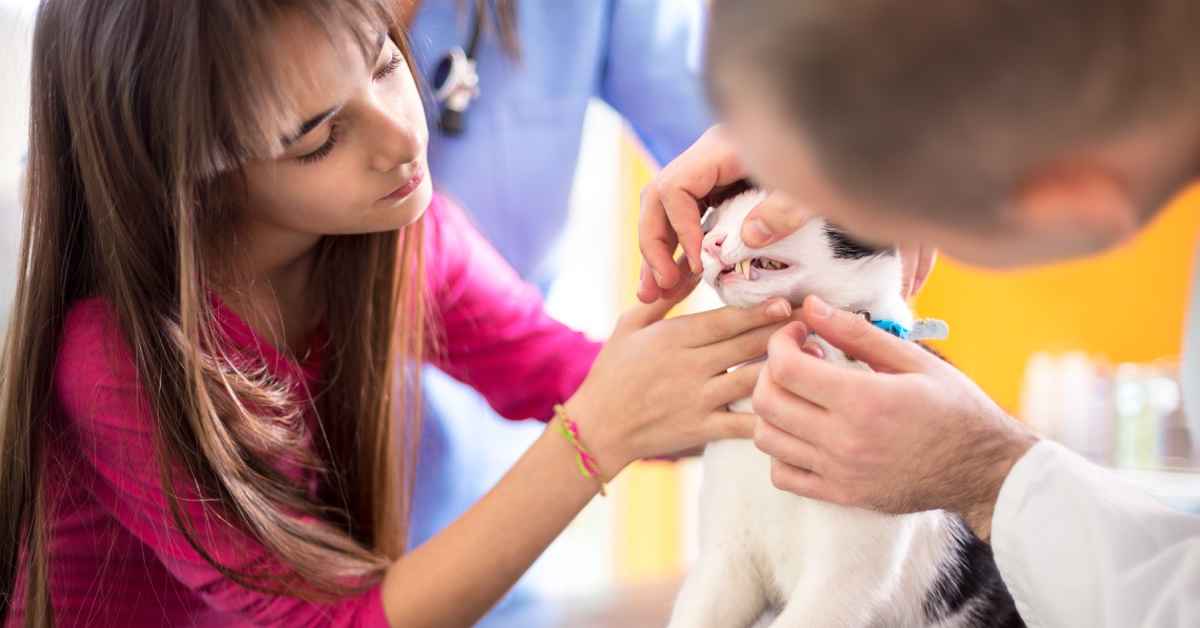Updated March 6, 2024
UPDATE March 2024: good supplies of F3 vaccines have become available, and we are once again able to offer F3 vaccination for cats.
We are thankful that the crisis appears to be over. Thanks to everyone for their patience and understanding in this difficult time.
Why Were Cat Vaccines In Short Supply?
The official story is that supply chain disruption caused by COVID and diversion of resources into human vaccines made feline vaccines scarce. However, this was just the last (and worst!) in a long line of shortages that have been occurring since well before COVID. The full answer must therefore also reflect the fragility of modern global supply chains.
Please note that this only applied to cat vaccines. Dog and rabbit vaccines are in good supply.
How You Can Protect Your Cat
If your cat is overdue for vaccination and there aren’t vaccines available in your area, please don’t be too alarmed. There are three easy ways you can reduce their risk of infection:
- Keep your cat indoors
- Wash your hands and change in-contact clothing after patting cats from outside the home
- Use pet sitters instead of catteries if you can
If using catteries, choose from facilities like those on our list which provide individual, easily cleaned spaces, not communal areas.
Don’t Forget Health Checks Too!
Vets have always strongly encouraged cat owners to see the value in the regular checkup itself. From our perspective, these get more and more important as a cat ages, but often it’s still the F3 vaccine reminder that prompts the visit.
At Walkerville, we were encouraging cats to still come in for their check if they hadn’t had one in the past 12 months. We gave them a full physical, plus an optional blood test. Later, when the vaccines became available, we only charged the difference if no new checkup was required.
Our attention to hygiene and quarantine means the risk of in-clinic infection was very low. Indeed, to our knowledge, it never happened!
Will My Cat Need A Booster?
A common question is what to do when vaccines are plentiful again. After a delay in vaccination, it is customary to need to give two boosters 4 weeks apart to reestablish immunity.
Whether this will be necessary will depend on the time delay, but also the needs of each cat. There are no hard and fast rules, but a good guideline would be as follows:
- No booster required if only a 3 month delay
- Booster for 3 to 6 month delays in high-risk cats (outdoors, cat boarding, new kittens in the home etc)
- Boosters for all cats after a 6 month delay
The unpredictability of vaccine protection means that even the last point will be up for negotiation. This might especially apply to cats who have had many regular vaccines in the past, giving them a solid base of immunity.
Getting a New Kitten Without Vaccines
If you plan on getting a new kitten, there are important considerations.
My view is that it would be a mistake to not adopt right now. To do this would leave a greater number of kittens in a much higher risk environment. It would be extremely concerning if the shelters were overflowing right now of all times.
Of course, the shelters will have made special rules to cope with this crisis. You’ll need to check these with your local facility before adopting.
What might be best avoided is bringing kittens into homes with existing cats if their vaccines are more than 3 months overdue. Complete avoidance of handling cats from outside the home would also be strongly recommended.
Put yourself on a waitlist at your local vet. Hopefully they will prioritise kittens needing their first vaccines once supplies resume.
That’s all for now but I strongly welcome your comments and questions below.
Related: What Cat Flu Looks Like | Feline Enteritis / Parvovirus
Have something to add? Comments (if open) will appear within 24 hours.
By Andrew Spanner BVSc(Hons) MVetStud, a vet in Adelaide, Australia. Meet his team here.

